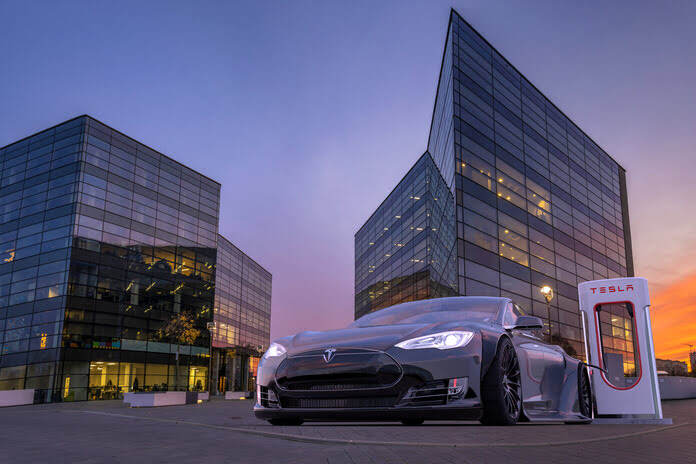Shawn Fain, the President of the United Auto Workers (UAW), is setting ambitious goals following successful contract negotiations with Detroit’s major automakers. Fain, who secured significant concessions for UAW members, now aims to expand the union’s membership to nonunion companies across the automotive industry, including foreign automakers like Toyota, electric vehicle (EV) manufacturers such as Tesla, and EV battery plants expected to play a significant role in the future job market.
After recent contract wins, Fain contends that nonunion companies, including Toyota, Honda, Hyundai, and Nissan, increased their workers’ pay, viewing it as an attempt to prevent UAW unionization. The UAW leader noted that the nonunion companies adjusted pay only after the UAW secured raises through negotiations, emphasizing the union’s role as an advocate for workers.
Workers at some nonunion plants, including Tesla, have reportedly expressed interest in joining the UAW. Fain highlighted the significance of the UAW’s organizing efforts, emphasizing that companies often prioritize their interests over those of their employees.
Fain, who assumed office eight months ago in the UAW’s first direct election, believes the time is ripe for labor unions to grow, drawing parallels with the 1930s and 40s. He cited worker dissatisfaction with stagnant wages while corporate executives earn substantially higher multiples of median worker pay.
While Fain did not specify which nonunion companies the UAW would target first, Tesla, led by outspoken union opponent Elon Musk, is high on the list. Fain criticized Musk, the world’s wealthiest person, for accumulating wealth through what he described as the exploitation of workers.
Anticipating resistance from companies like Toyota and Honda, Fain expects them to employ tactics such as threats of factory closures or benefit reductions. Addressing potential challenges, Fain stated that the UAW would negotiate to retain and increase stock awards threatened by Musk in the case of a union vote.
In addition to nonunion automakers, the UAW aims to organize Detroit automakers’ EV battery plants, particularly those in joint ventures with South Korean companies. While GM and Stellantis have agreed to bring joint venture plants under the UAW’s national contract, Ford has not, potentially leading to challenges in organizing plants in Kentucky and Tennessee.
Fain expressed concern that if Ford opposes UAW efforts in these plants, it could escalate into a significant conflict. Ford, however, emphasized its commitment to negotiating in good faith and reaching fair deals.
Looking ahead, Fain stated that the UAW’s fight for worker rights will continue, addressing issues such as pension increases, retirement security, and fair representation in the face of potential factory closures or relocations.
Despite the higher costs associated with the new contracts, Fain believes the UAW’s collaboration with companies will not result in new factories in Mexico or Canada, emphasizing the union’s ability to strike or take action if a U.S. plant is closed or if companies build new facilities elsewhere. The UAW plans to advocate for retirement security for all workers and will pursue these benefits in future contract talks in 2028.
Featured Image: Unsplash

















